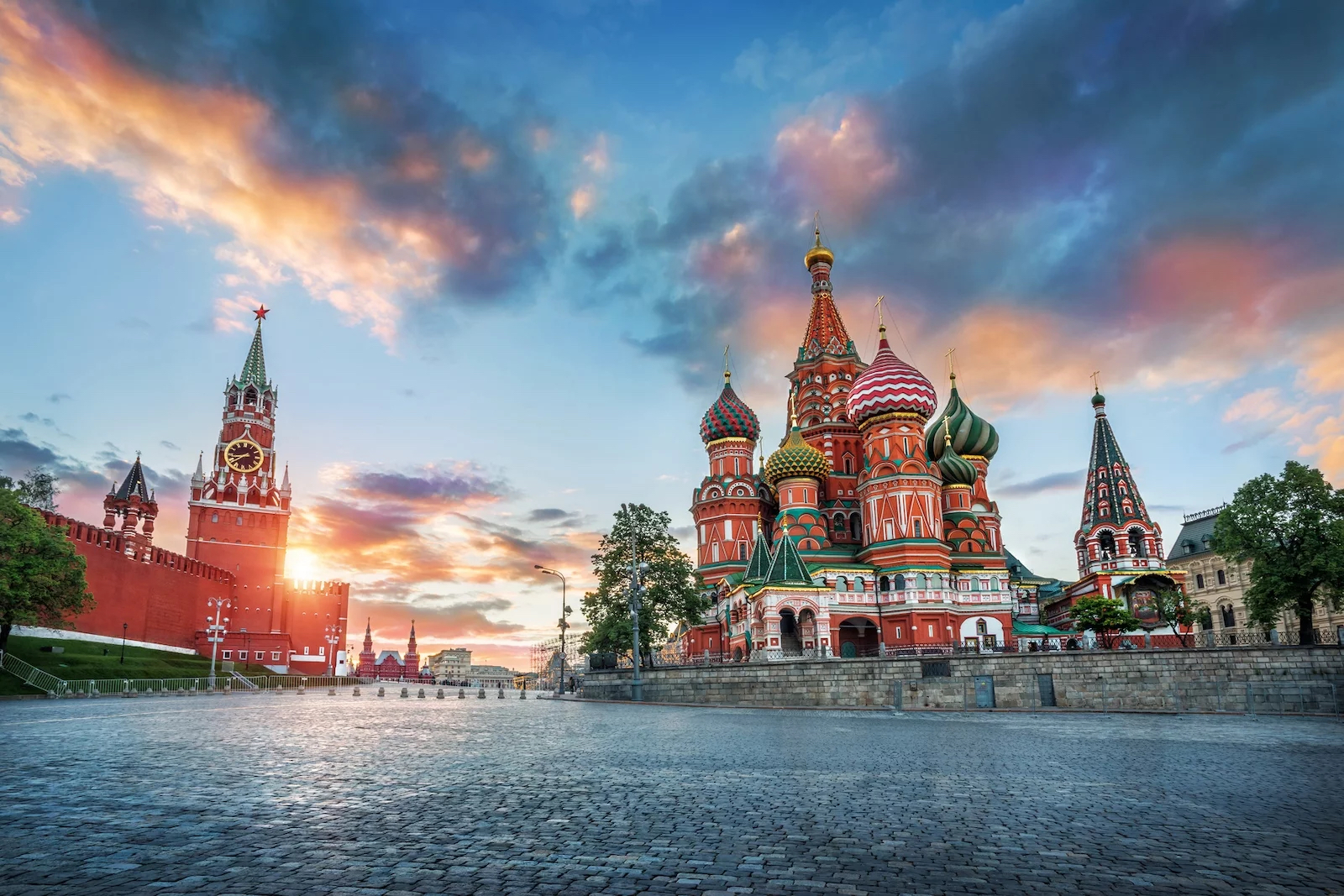
Business
Russia, Sanctions, and Luxury Brands
The 2022 Russian invasion of Ukraine set off a wave of unprecedented Western sanctions against Moscow, sparking a mass exodus of foreign corporations, including luxury brands. Some brands suspended their operations in Russia, others scaled back, and a few ceased trade entirely. To adapt, many brands have established new footholds in neighboring countries, particularly those in Central Asia, where the demand for ostentatious luxury goods is notably high.
Kazakhstan, which shares a long border with Russia, has emerged as a particularly popular destination for these brands. In March, in an attempt to regulate this rapidly expanding market and in response to the influx of luxury goods flowing through its borders, Kazakhstan proposed a new luxury tax, which is currently under parliamentary deliberation. With high demand and premium prices, many individuals within Kazakhstan’s business community have profited significantly from this booming trade.
Western media has widely reported that European businesses, especially those based in Germany, are using countries on the fringes of Russia, such as Kazakhstan, to continue selling their products to Russian consumers. An analysis of export data reveals a continuous flow of sanctioned goods, including luxury items like jewelry and perfumes, typically enjoyed by Moscow’s elite.
Luxury brands such as Messika, Hublot, and others continue to sell watches and jewelry in countries bordering Russia, including Kazakhstan, Uzbekistan, and others. These operations often expand through a strategy of using third parties with connections to Russia and the Commonwealth of Independent States (CIS). However, the allure of this trade has also led to many unscrupulous traders taking advantage of Western brands and local suppliers, frequently without the brands’ knowledge.
A common tactic employed by these rogue traders involves avoiding full tax payments by underreporting sales figures on customs declarations and incorporating their primary holding companies in offshore tax havens like Dubai or Singapore. Consequently, many of these luxury goods, once recertified, are believed to be making their way back into Russia.
The emerging markets may currently have the financial resources, but Western brands still hold the cachet and appeal. Therefore, it is crucial for Western governments not to overlook these questionable practices. Brands must scrutinize third-party traders who navigate around sanctions and legal frameworks. Upholding transparent business practices is essential for maintaining the integrity and prestige of Western luxury brands in the global market.
